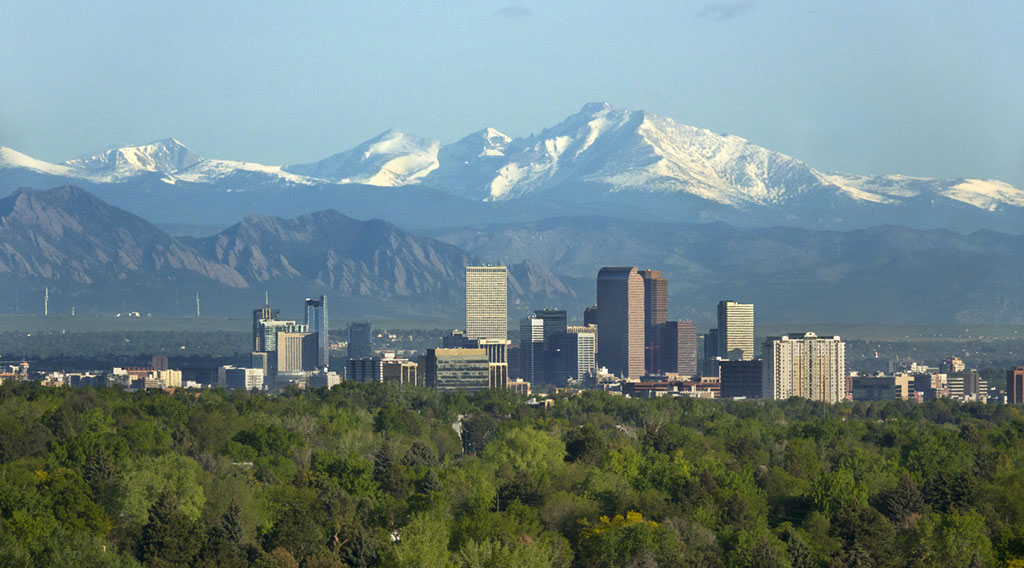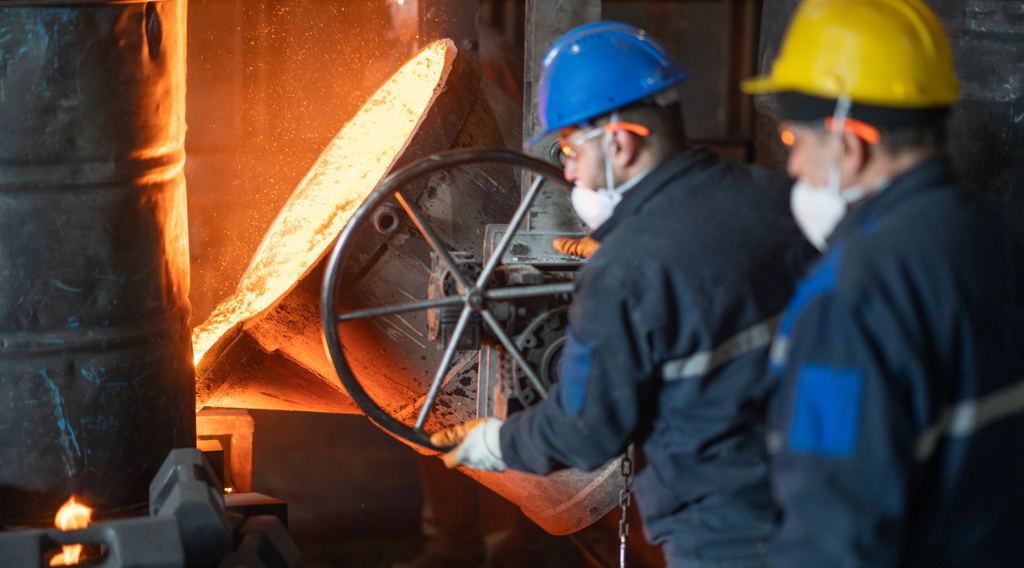 FOR IMMEDIATE RELEASE July 24, 2018
FOR IMMEDIATE RELEASE July 24, 2018
Federal Funding and Tax Incentives Create Opportunities for Kansas to Realize Economic Potential of Carbon Capture Utilization & Storage
Policy, industry, & research leaders gather to push potential projects forward at pivotal time
LAWRENCE, KS – The Department of Energy has announced $13.3 million in funding paving the way for major carbon capture and storage projects in Kansas and Nebraska with considerable potential benefits to Kansas workers and its economy. This comes after a major win for carbon capture and storage (CCS) in the federal budget bill signed into law just months ago.
The February 2018 passage of the federal budget bill included a landmark provision called the FUTURE Act to extend and increase tax credits for capturing and storing carbon dioxide (CO2) from power plants and industrial facilities. The FUTURE Act was supported by an unprecedented coalition of energy, industrial, and technology companies; labor unions; and energy and environmental policy organizations.
To ensure momentum on this rare opportunity, leaders in the state’s industrial, political, and research arenas will gather at the Carbon Capture, Utilization, and Storage in Kansas Conference on July 26, 2018 in Lawrence, Kansas. The invitation-only event is co-hosted by the Kansas Geological Survey and the multi-State CO2-Enhanced Oil Recovery Deployment Work Group. Much of the conference will be devoted to how the recent federal carbon tax credits legislation has catalyzed new carbon capture, utilization and storage project development, and collaborative discussions between stakeholder groups. Mature oil fields can be flooded with CO2 to extract oil that otherwise is not recoverable, a process known as enhanced oil recovery. A high percentage of the injected CO2 remains in the geologic formation.
“Carbon capture has tremendous potential to spur economic development and job opportunities in our state,” Kansas Governor Jeff Colyer said. “Our strategic mix of ethanol and oil production and favorable geology means that Kansas can further expand the capture of CO2 at ethanol plants and turn it into a valuable resource for boosting oil production through enhanced oil recovery, benefitting both industries and the environment. I commend the leaders in this field who are coming together to help jumpstart further deployment of carbon capture and improve the livelihoods of Kansans working in energy and agriculture.”
The recently announced Department of Energy funding follows the successful completion of a pre-feasibility study conducted by the Kansas Geological Survey (KGS) and the Carbon Capture and Storage Coordination Team. The KGS will join with Battelle and the Energy & Environmental Research Center at the University of North Dakota in the $13.3 million dollar project. Battelle is the lead with the KGS a sub-awardee in the cost-shared research and development to determine the feasibility of commercial-scale storage (more than 50 million metric tons of CO2) in Kansas and Nebraska.
The KGS and its partners bring to the project more than two decades of experience managing and participating in large interdisciplinary and integrated CO2-related projects. Work focuses on Kansas oil fields, regional geologic and engineering studies of saline aquifers and potential enhanced oil recovery sites, and assisting in the development of the state’s energy enterprises.
“After a highly technical 18-month pre-feasibility study evaluating the industrial, legislative, and regulatory readiness of the state, we are pleased to say Kansas is primed to take advantage of carbon capture and storage,” said Rolfe Mandel of the Kansas Geological Survey. “We look forward to working with our partners on the next critical phase of this project as we further examine three of the state’s largest CO2 sources and conduct in-depth evaluation of potential geologic sites for CO2 storage to ensure projects are beneficial to the environment.”
“This timing truly couldn’t be better for Kansas to take a lead role in the realization of carbon capture’s potential as an economic and environmental boon,” Brad Crabtree, Great Plains Institute, which convenes the State CO2 -Enhanced Oil Recovery Deployment Work Group and was instrumental in the passage of the extended tax credit. “We hope this new Department of Energy funding will lead to the type of large scale projects the tax credit was intended for in order to boost American energy production, reduce carbon emissions, protect and create high-wage jobs, and increase federal and state revenue.”
Representatives from the Kansas Geological Survey, State CO2-Enhanced Oil Recovery Work Group, and Great Plains Institute will be available for interviews at the conference.
For media requests, please contact Gail Nosek at 651-247-1151 or [email protected].
About the Kansas Geological Survey: The Kansas Geological Survey is a non-regulatory research and service division of the University of Kansas with a mission to study and report on the state’s surface and subsurface geology, energy, groundwater, and other natural resources. Kansas Geological Survey researchers monitor earthquakes and groundwater levels, investigate water-quality concerns, and map the state’s surface geology. The Kansas Geological Survey is the repository for oil and gas and water records, drill cores, and drill cuttings submitted or given to the state.



